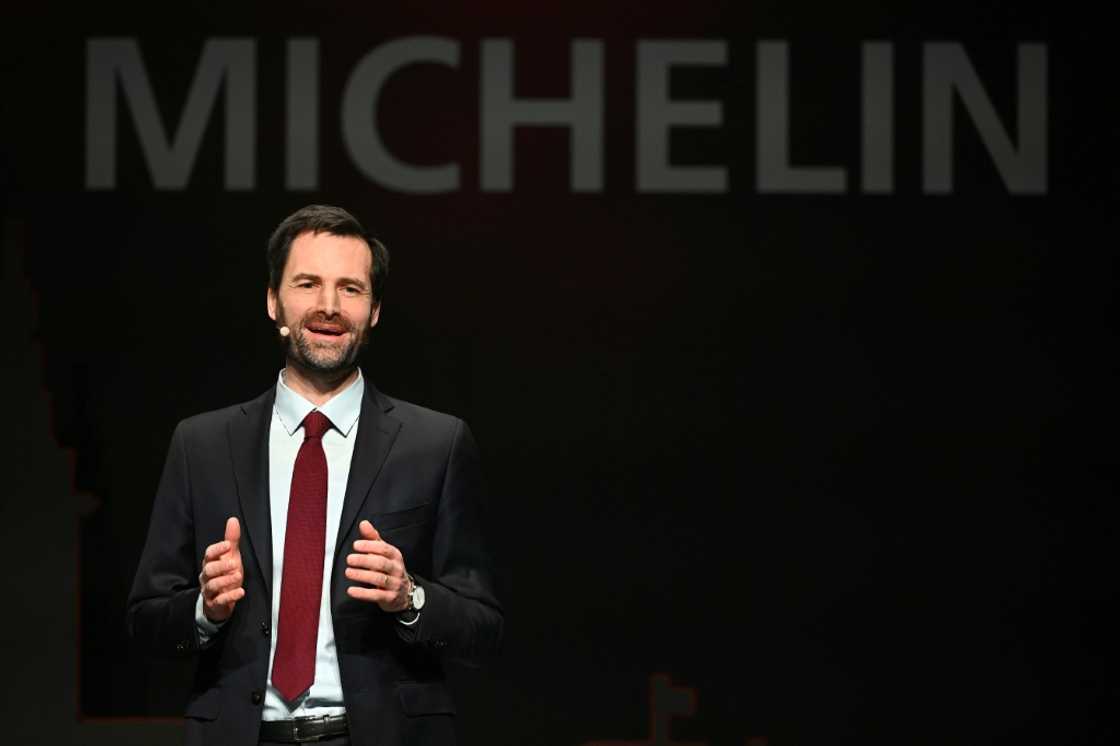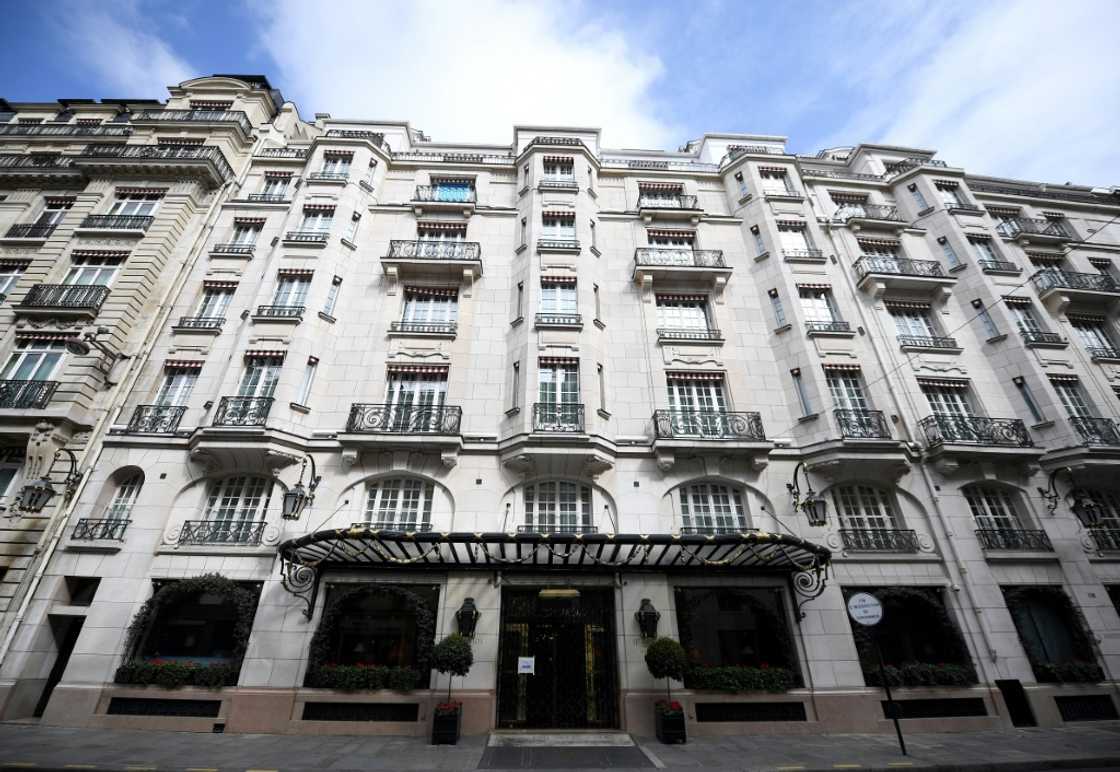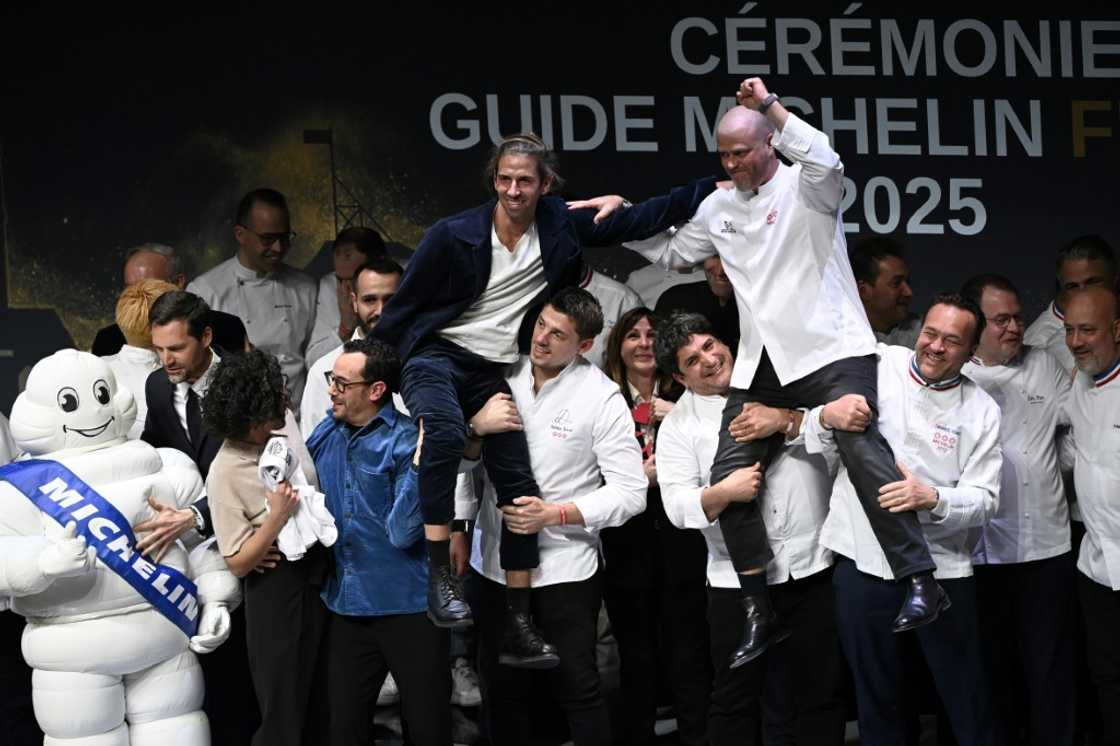For over 120 years, France’s Michelin Guide has set the gold standard for fine dining, renowned for its coveted star system that can make or break a restaurant’s reputation. Now, the world-renowned guide is embracing a much broader vision, seeking to evolve from simply a trusted culinary reference into an all-encompassing global lifestyle brand. In a bold new move, the Michelin Guide is expanding its focus—venturing into recommendations for hotels and wines as it adapts to a rapidly changing travel and hospitality industry.
This expansion comes as Michelin faces intensifying competition from modern travel guides, popular review platforms like TripAdvisor, and a booming array of online food and travel influencers. With social media platforms and crowd-sourced reviews sometimes dominating public opinion, the Guide’s historic approach—discreet inspectors visiting restaurants without notice—has required adaptation. Michelin aims not only to remain relevant but also to assert itself as a top authority in global hospitality, offering trustworthy guidance in an era where choices seem endless and authenticity is questioned.
The Guide has already broadened its geographic reach, covering 69 destinations at last count. Now, it is prioritizing the hotel sector with a fresh global rating system that singles out the world’s most outstanding properties—from luxury resorts to distinctive boutique hotels. This initiative is seen by many as a timely response to travellers’ growing demand for curated, high-quality experiences, whether they are after world-class meals or unforgettable places to stay.
“We have always maintained a strong foothold in the hotel industry,” said Gwendal Poullennec, the director of the Michelin Guide, at a recent awards ceremony in Paris attended by hoteliers from around the globe. Unlike Michelin stars, which rate restaurants, hotels are now evaluated and awarded “keys”—one, two, or three—based on factors such as service quality, style, and overall character. This move is designed to offer travelers a clear and trusted measure of excellence beyond just the food scene.
Adding to this expansion, Poullennec also revealed that the Michelin Guide will step into wine reviews, utilizing or rebranding its U.S.-based Robert Parker Wine Advocate magazine. “The Michelin Guide can be regarded today as a global media,” he declared during a press briefing, highlighting the brand’s ambition to influence all domains of hospitality.
Credibility and Impartiality: A Pressing Question
Maintaining the guide’s integrity—known for its famously secretive and independent inspectors—comes at a high cost. These inspectors dine on the company’s expense accounts while ensuring complete anonymity, a tradition that preserves credibility but strains finances in the age of free online content and apps.

Photo: PATRICK HERTZOG / AFP
Source: AFP
According to Poullennec, when he joined Michelin over two decades ago, the guide was running at a loss and mostly relied on hard-copy book sales concentrated in western Europe. However, the digital revolution has changed the game: today, its website and free mobile apps serve nearly nine million unique visitors per month, approximately half of whom are based in the United States. This growing online presence has transformed Michelin’s business model, with the brand now offering digital reservation services earning commissions of 10–15% per booking.
Yet as public funding and partnerships with tourism ministries play a bigger role in sustaining the guide, especially in new markets, questions about its editorial independence have emerged. For instance, several countries and local authorities reportedly fund Michelin’s local editions—most recently, Saudi Arabia’s culture ministry helped finance the kingdom’s first Michelin Guide, set to debut in October.
Yiting Deng, an academic at University College London’s School of Management who has researched the impact of Michelin stars, noted in an interview with AFP that, “If they work too much with governments, travel agencies and other related parties, there will be this question about credibility and how much their decisions are influenced by other parties.” The integrity of the Guide, therefore, hinges on a careful balance between commercial realities and the independence of its reviewers—a point Michelin’s top executive re-emphasized, claiming that its inspection and commercial teams operate independently and only issue guides in regions deemed to meet their standards.
Revisiting the Roots: From Roads to Resorts
Michelin’s renewed focus on hotels marks something of a homecoming, reflecting the guide’s beginnings. First published in 1900, the guide was created by brothers Andre and Edouard Michelin—founders of the iconic tyre brand—to encourage car travel (and, naturally, increase tyre sales). “When the Michelin Guide was born in 1900, there were more hotel listings than restaurants,” Poullennec reminded attendees at the ceremony.

Photo: FRANCK FIFE / AFP
Source: AFP
These days, the hospitality space is more crowded than ever. Alongside Michelin, a host of respected awards and guides jostle for influence, including Conde Nast Traveler, Forbes, Travel + Leisure, and curated lists like American Express’s Fine Hotels & Resorts—a go-to for many well-heeled American travelers. The World’s 50 Best Hotels list also has global recognition. But, as industry observers often point out, few rivals can match Michelin’s unique tradition of anonymous inspections, a factor that still commands significant respect from professionals and consumers alike.
Alvaro Zarzoso, an academic from the University of Seville who has studied the impact of Michelin rankings, told AFP that the guide “is still a crucial tastemaker.” However, in today’s digital age its influence has shifted: “Its role has transitioned from solitary gatekeeper to anchor signal inside a network where media exposure and online reviews amplify, rather than replace, its certification,” Zarzoso explained. The Michelin Guide’s expansion into the hotel sector is therefore seen by many as a strategic step—one that deepens its influence and ensures it remains indispensable in a market filled with easily accessible, yet sometimes unreliable, user-generated content.
For Nigerian travelers, foodies, and hospitality professionals, Michelin’s move presents interesting opportunities and challenges. Nigeria’s burgeoning travel industry and its growing community of culinary innovators are increasingly interested in international benchmarks for quality. “Being recognized by Michelin—whether for a restaurant, hotel or even a wine list—can open doors for West African chefs and hoteliers, connecting them to a global audience,” remarked Lagos-based hospitality consultant Chika Akintoye. Yet, there is also the risk that international standards may overshadow local traditions or create perceptions of elitism in a country where many quality-led hospitality experiences operate outside luxury circles.
Globally, this evolution appeals to an emerging generation of travelers eager for authenticity and unique experiences, not just name recognition. For African destinations striving to draw more international tourists, Michelin’s expanded coverage could mean more spotlight on local talent, cuisine, and hospitality—if, of course, partnerships and funding don’t threaten the guide’s famed independence.
What does Michelin’s expansion mean for Africa? As the hospitality sector develops in Nigeria, Ghana, South Africa, and beyond, industry observers suggest now is the time to define what uniquely African excellence looks like—balancing international standards with local culture and innovation. This is a conversation gaining momentum among chefs, hoteliers, and travelers across the continent.
Do you think Michelin’s presence will motivate more Nigerian and West African chefs, hoteliers, and entrepreneurs to aim higher or will it put unnecessary pressure on a sector already grappling with infrastructure and investment challenges? Share your perspective with us—your opinion matters in shaping the future of hospitality in West Africa!
Source: AFP
Have a story or experience about Nigerian or African hospitality you want to share or sell? We’d love to feature your voice! Contact us at story@nowahalazone.com to submit your story or discuss feature opportunities.
For general support, reach out at support@nowahalazone.com.
Stay connected with us on Facebook, X (Twitter), and Instagram for fresh updates, conversations, and behind-the-scenes stories from across Africa!










